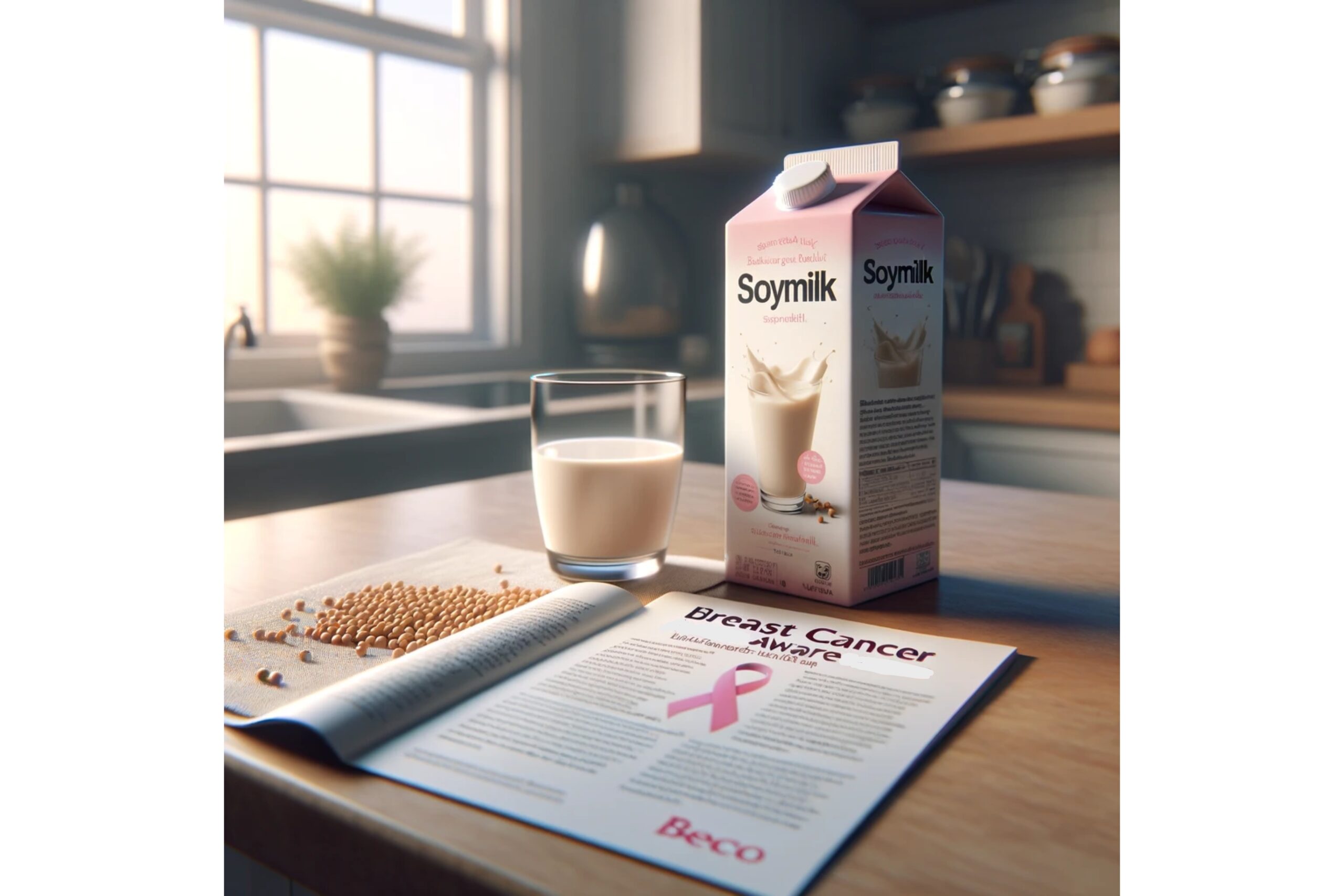Your cart is currently empty!

Researchers have discussed the relationship between soy consumption and breast cancer risk. They have sought to understand whether isoflavones found in this food item could increase the likelihood of developing such an illness. The evidence suggests that there exists a complex association that varies depending on geographical location, dietary habits, and form consumed.
Research suggests that moderate consumption of traditional soy foods such as tofu, tempeh, edamame, miso, and soymilk may not increase the risk of breast cancer among Asian women. Some studies suggest it could potentially lower this risk. However, in Western populations where dietary patterns differ significantly from those found in Asia, there is less evidence supporting a protective effect against breast cancer associated with high levels of soy intake compared to low levels. A meta-analysis highlighted reduced relative risks for Asian females but noted weaker associations between higher soy intakes and decreased incidence rates among non-Asian individuals. Overall, more research needs to be conducted before definitively concluding whether or not consuming traditional soy products has any significant impact on reducing breast cancer risk across different ethnicities and regions around the world.
Soy supplements are often lauded for their high levels of isoflavones, a compound found in whole soy foods. However, some research suggests that caution should be exercised when using these products, especially if you have a family or personal history of breast cancer or thyroid problems. Consulting with your healthcare provider before taking large doses of soy supplements is recommended, as they may interact negatively with certain medications and conditions.
A comprehensive understanding of soy’s impact on breast cancer risk requires consideration of several factors. These include the form consumed, individual health backgrounds, and quantity ingested. By examining these variables together, we can gain a more nuanced perspective on this topic.
Moderate consumption of soy foods is generally considered safe and potentially beneficial for most individuals. The evidence suggests that whole soy products can be included in a healthful diet with possible protective effects against breast cancer, particularly among Asian women. However, caution should be exercised when using supplements as they may not suit everyone’s needs; it would be wise to consult with medical professionals beforehand if you have any specific health concerns or histories.
